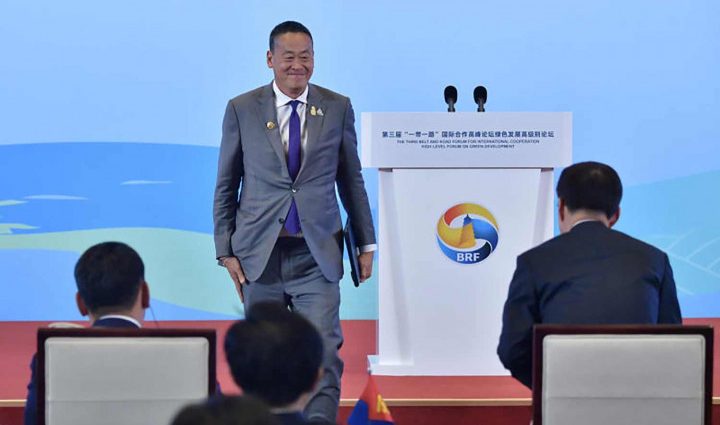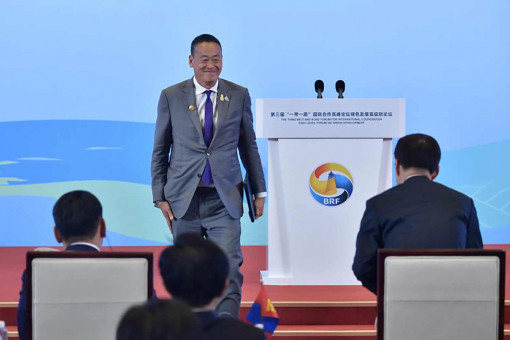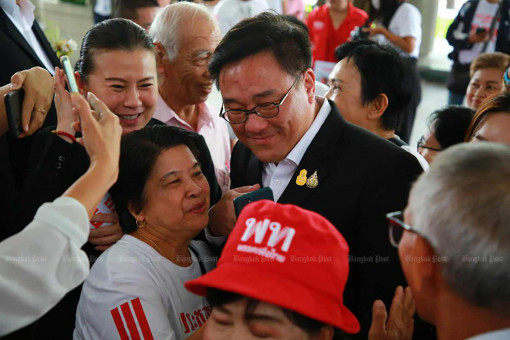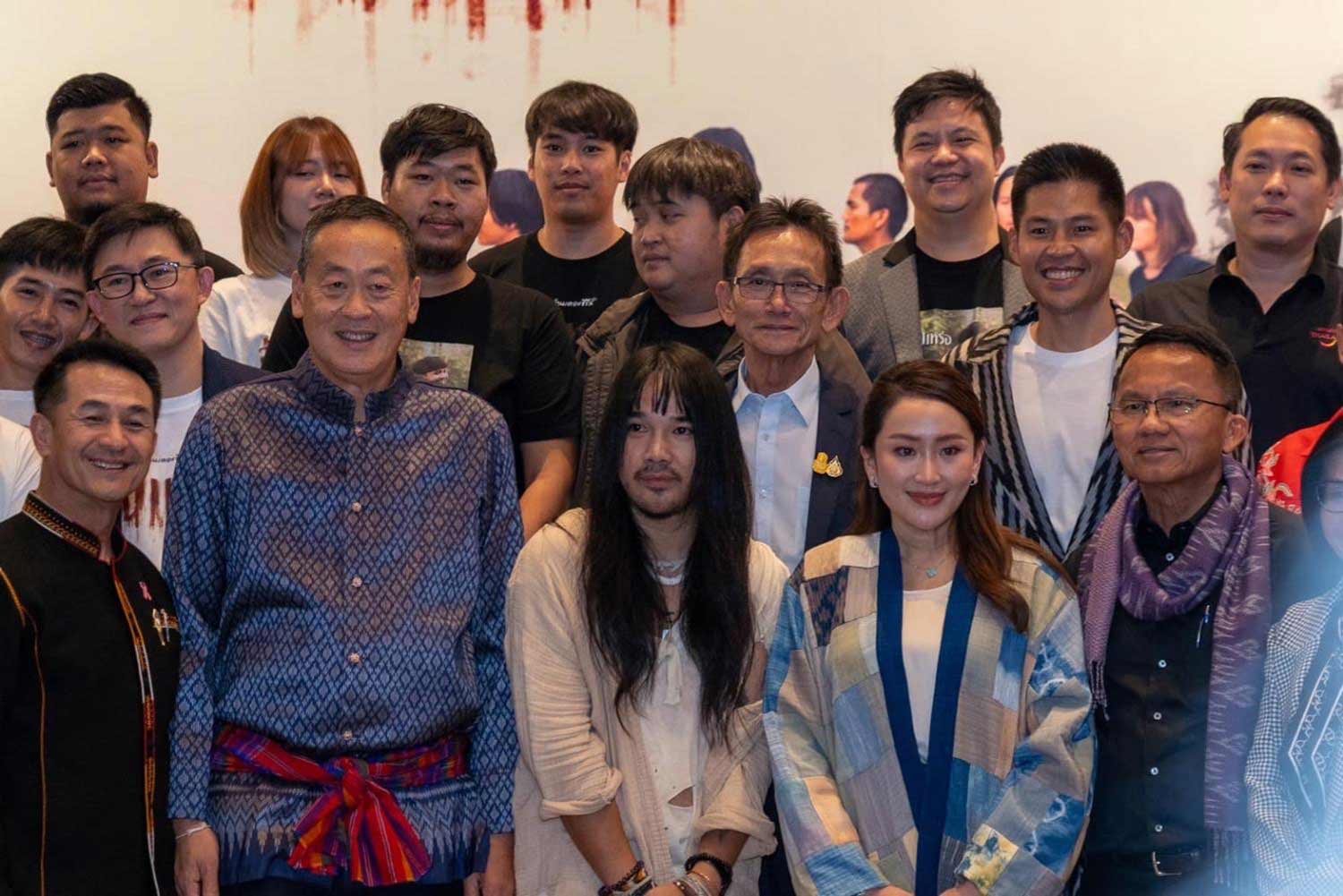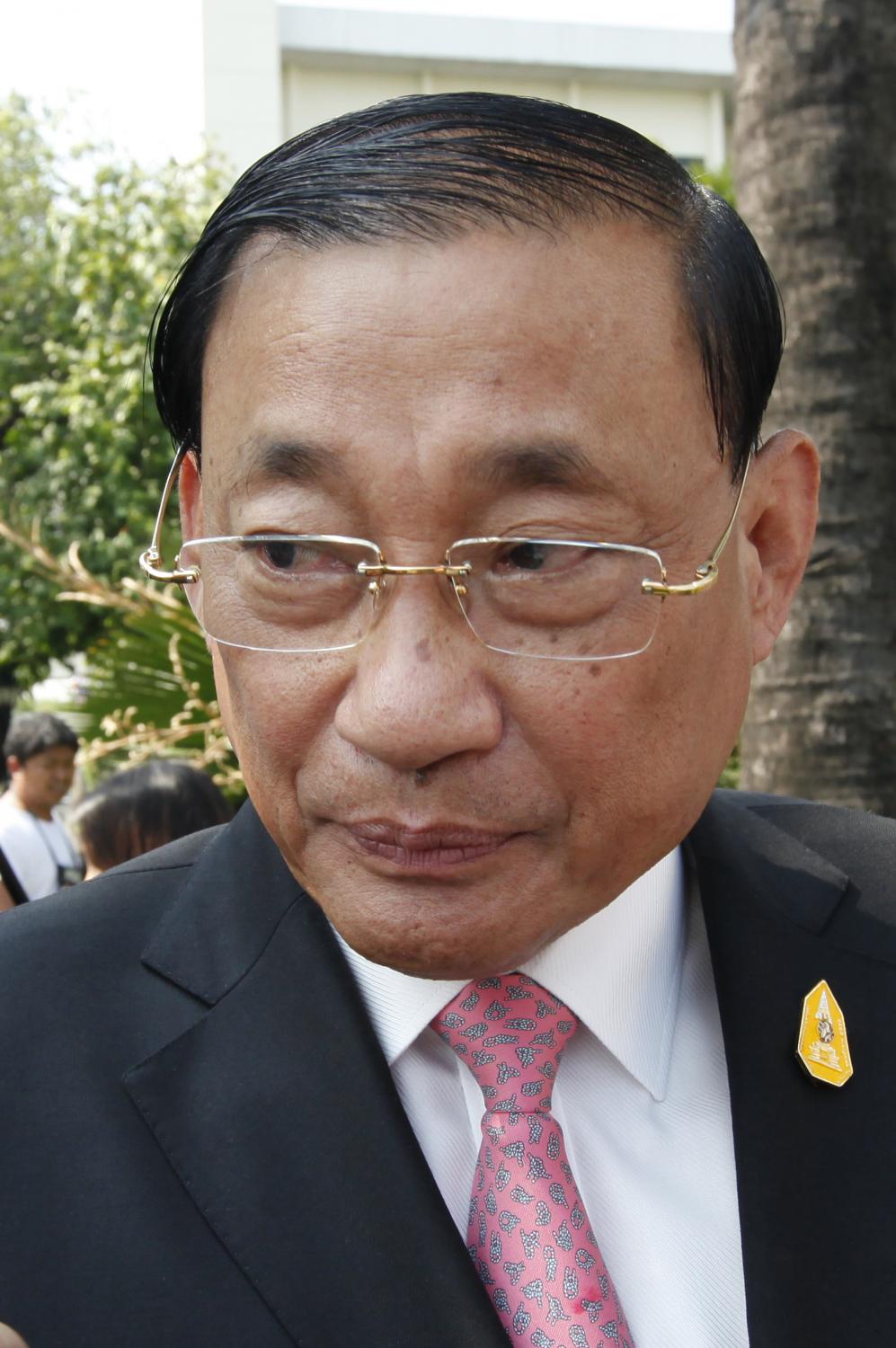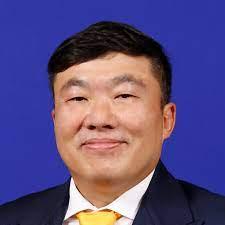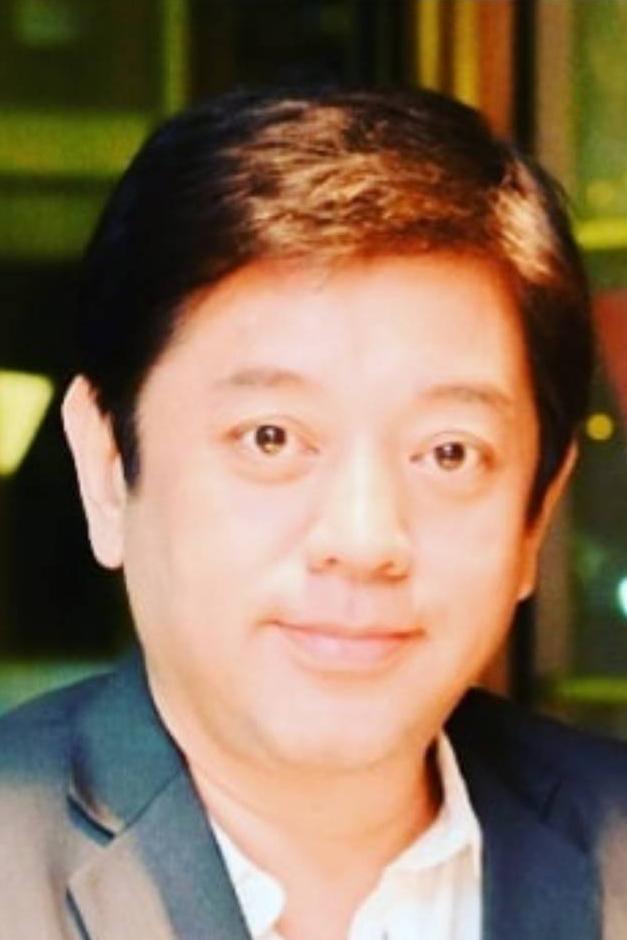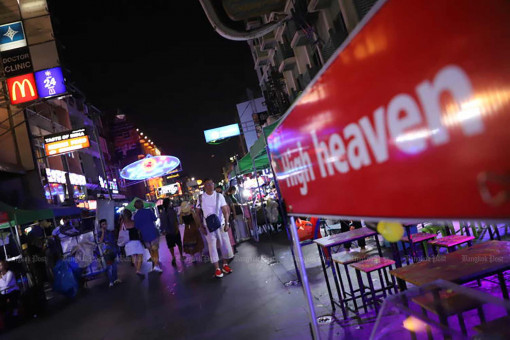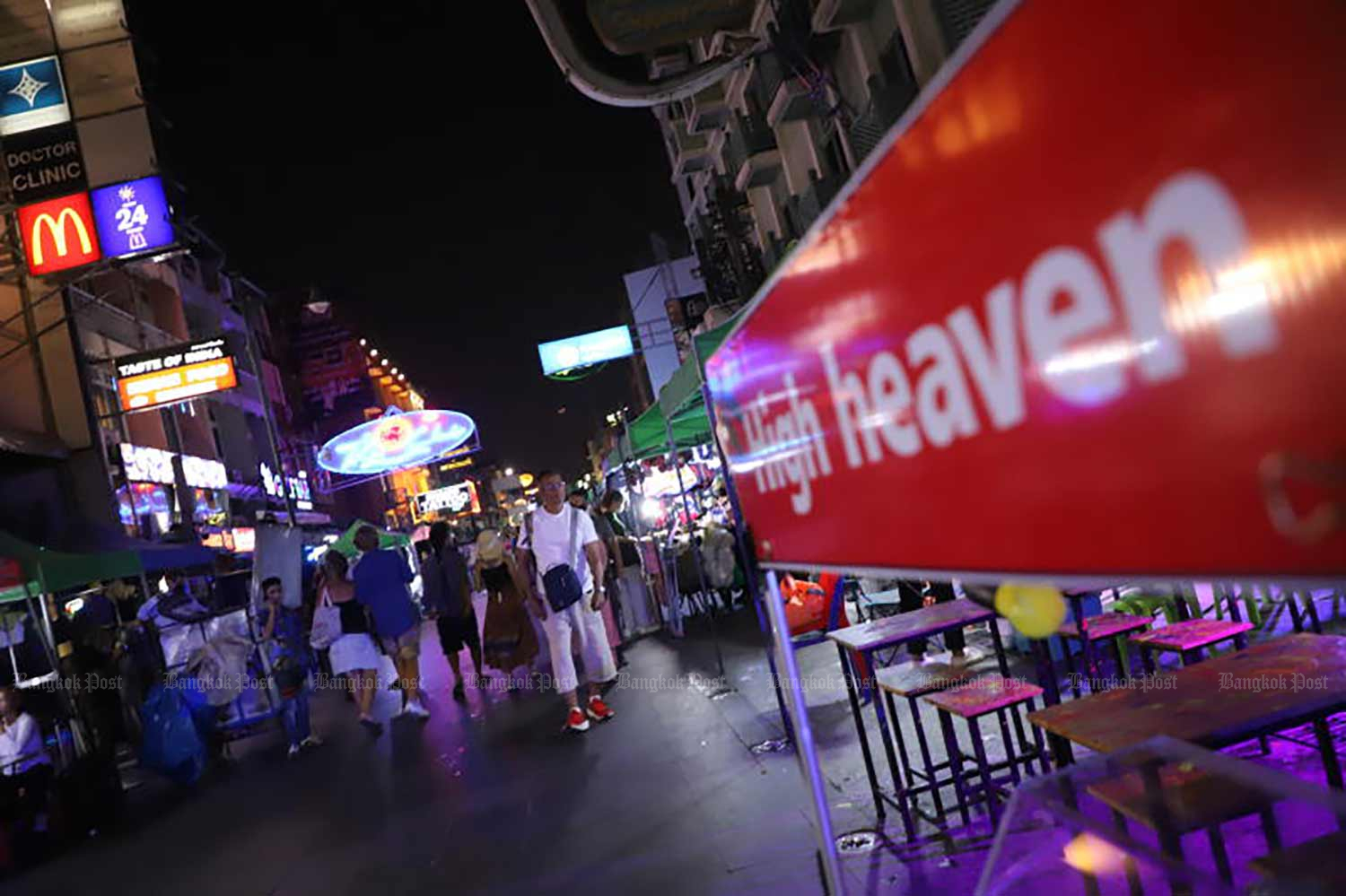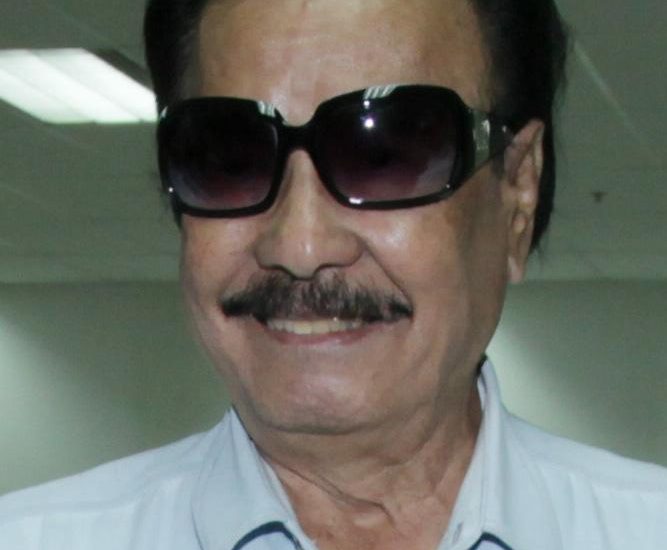Most satisfied with Srettha’s overseas trips: Nida Poll
PUBLISHED : 29 Oct 2023 at 10:01

A majority of people are satisfied with Srettha Thavisin’s overseas trips as well as his overall performance as prime minister during his two months in office, according to an opinion survey by the National Institute of Development Administration, or Nida Poll.
The poll was conducted on Oct 24-25 by telephone interviews with 1,310 people aged 18 and over of various levels of education, occupations and incomes throughout the country to compile their opinions on Mr Srettha’s visits to many countries after taking office.
Asked what they were particularly interested in from Mr Srettha’s overseas trips during the past two months, with the respondents allowed to pick more than one answer, the answers chosen by them were as follows:
• 39.01% said they had not followed news on his overseas trips at all
• 24.43% were interested in his meetings with leaders or important persons of other countries
• 21.83% his dress/clothes
• 19.69% his media interviews
• 19.08% his postures or body languages
• 10.31% reception by host countries
• 1.98% had no answer or were not interested
As for those who followed news on Mr Srettha’s overseas trips (799), when asked whether they were satisfied, a majority or 69.71% said “yes” – 46.31% moderately and 23.40% highly. On the other side, 20.27% were not satisfied and 9.37% not satisfied at all. The rest, 0.63%, had no answer or were not interested.
Asked whether they were satisfied with Mr Srettha’s overall performance as prime minister during the past two months, a majority or 55.27% said “yes” – 36.87% moderately and 18.40% highly. On the other side, 26.87% were not satisfied and 13.74% not satisfied at all. The rest, 4.12%, had no answer or were not interested.

